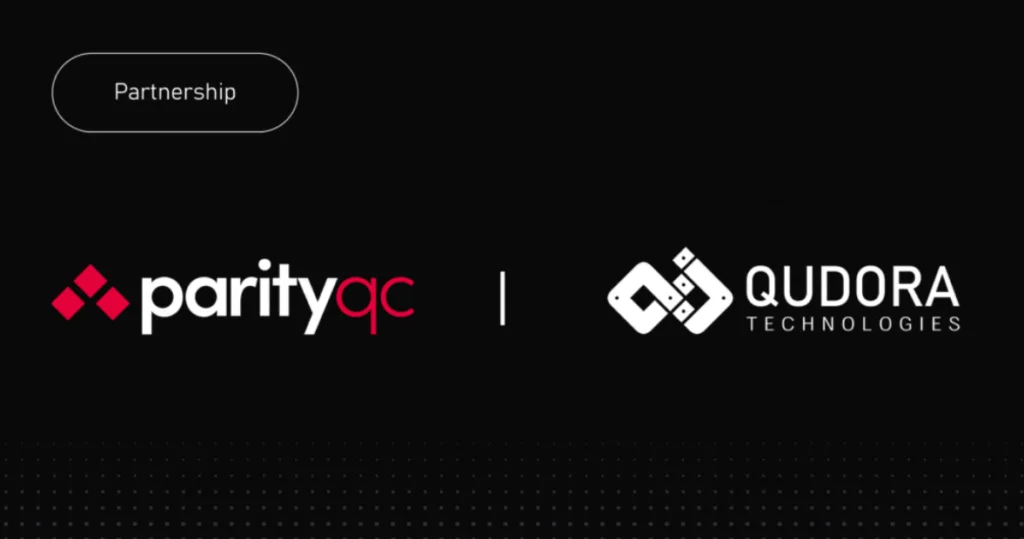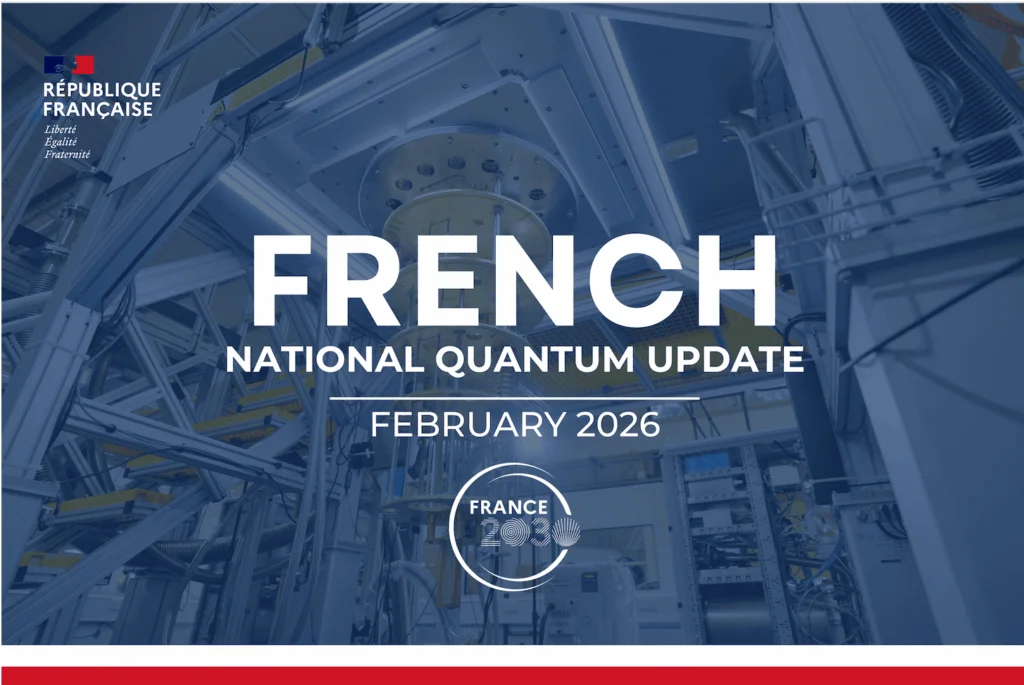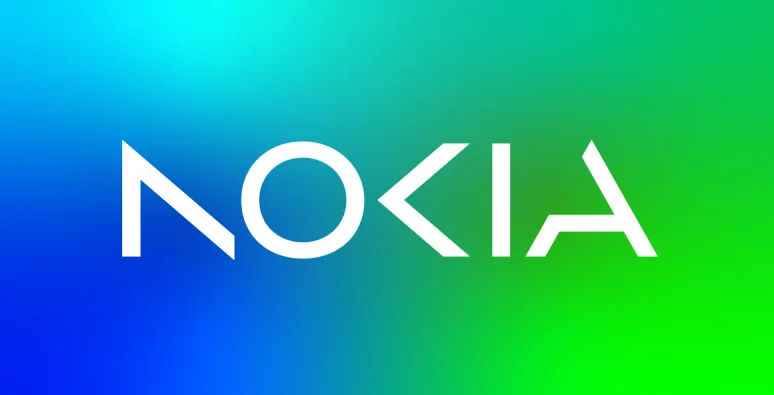Insider Brief
- National Institute of Advanced Industrial Science and Technology (AIST) is set to partner with IBM to develop a next-generation quantum computer.
- The project aims to create a 10,000-qubit quantum computer.
- This news was first reported by Nikkei Asia, who learned of the details from source.
PRESS RELEASE Japan’s government-backed National Institute of Advanced Industrial Science and Technology (AIST) is set to partner with IBM to develop a next-generation quantum computer, Nikkei Asia has learned from their sources. The project aims to create a quantum computer with 10,000 quantum bits, or qubits, which would significantly surpass the capabilities of current models. The most advanced quantum computers today in the hundreds of qubits.
AIST also recently reported they have signed a deal for the installation of a Fujitsu quantum computer.
AIST and IBM are expected to formalize their collaboration through a memorandum of understanding, with an official announcement imminent. According to Nikkei Asia, this partnership marks a significant milestone as it will be the first time IBM has collaborated on such a large scale with a foreign research institution in the realm of quantum computing.

The development timeline targets 2029 for the quantum computer to be operational. With more than 10,000 qubits, this machine is anticipated to perform high-level calculations with minimal error. A qubit, the fundamental unit of information in quantum computing, plays a role similar to a binary bit in conventional computers. Although there are many other factors to consider — such as qubit fidelity — qubit counts can provide a very rough measure of performance. Quantum computers, which theoretically offer capabilities to tackle complex problems beyond the reach of classical computers, hold promise for applications ranging from drug discovery to optimizing logistics, Nikkei Asia reports.
Alongside the quantum computer, the partnership will focus on developing essential semiconductors and superconducting integrated circuits, financial service reports. These components are critical as quantum computers must operate at extremely low temperatures, near absolute zero.
AIST, affiliated with Japan’s Ministry of Economy, Trade and Industry, boasts strong expertise in artificial intelligence and holds patents vital for this quantum computing endeavor, Nikkei Asia noted. The institute plans to leverage this collaboration to involve Japanese parts manufacturers, aiming for mass production capabilities.
IBM, on its part, has a roadmap to begin selling 1,000-qubit quantum computers by 2025. The joint efforts will include encouraging Japanese companies to adopt these systems, with AIST playing a key role in training industries such as pharmaceuticals in quantum computing applications, according to financial service reports.
Despite their potential, quantum computers are still in developmental stages. Current models, including those with 133 qubits, often require the assistance of supercomputers to correct errors during research. However, the envisioned 10,000-qubit quantum computers are expected to operate independently, without such assistance, Nikkei Asia explains.
For quantum computers to achieve widespread commercial use, scientists suggest that hardware will need to reach the 20,000- to 30,000-qubit level. This partnership between AIST and IBM represents a significant step toward this goal, pushing the boundaries of what quantum computing can achieve and setting the stage for transformative technological advancements, Nikkei Asia reports.















